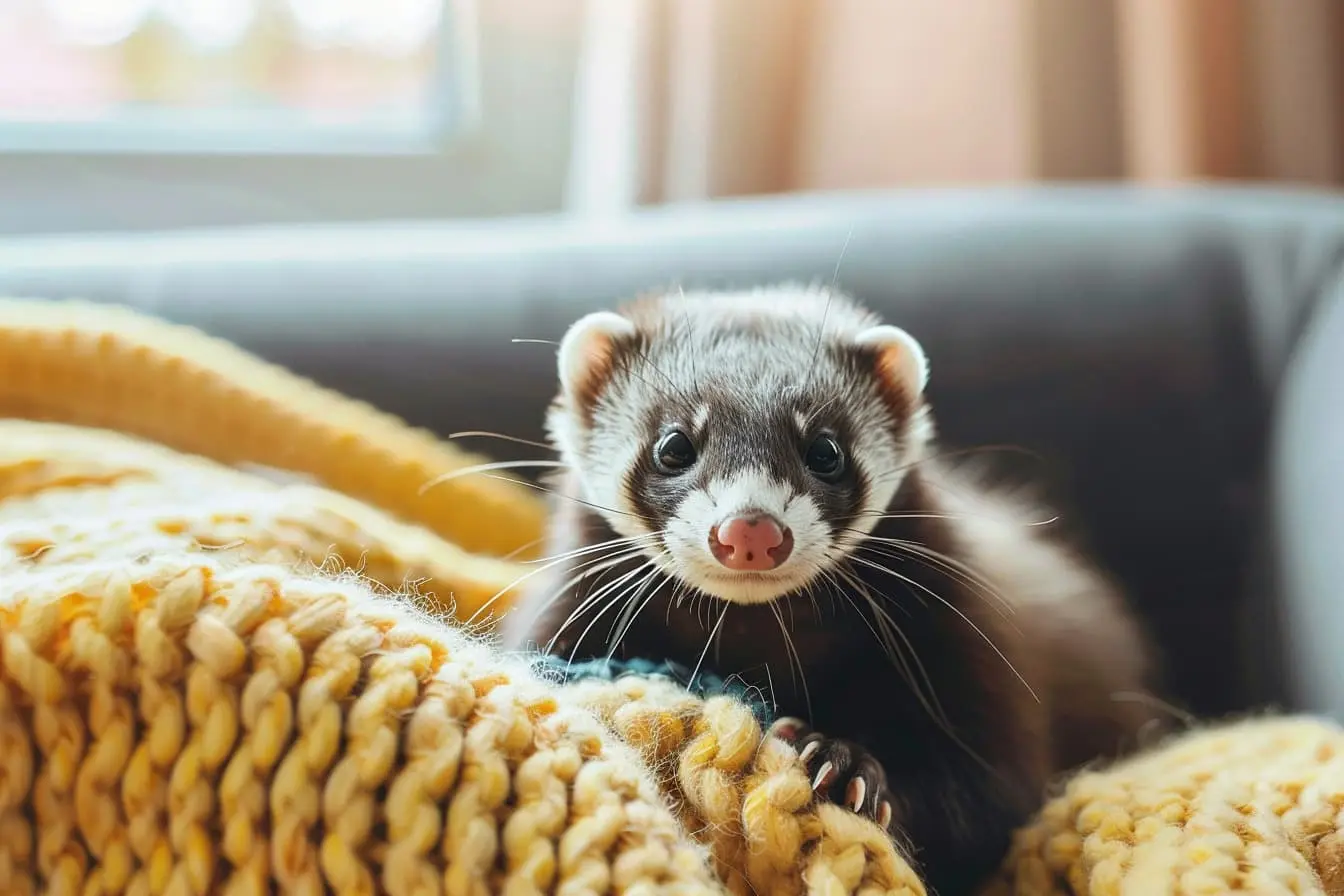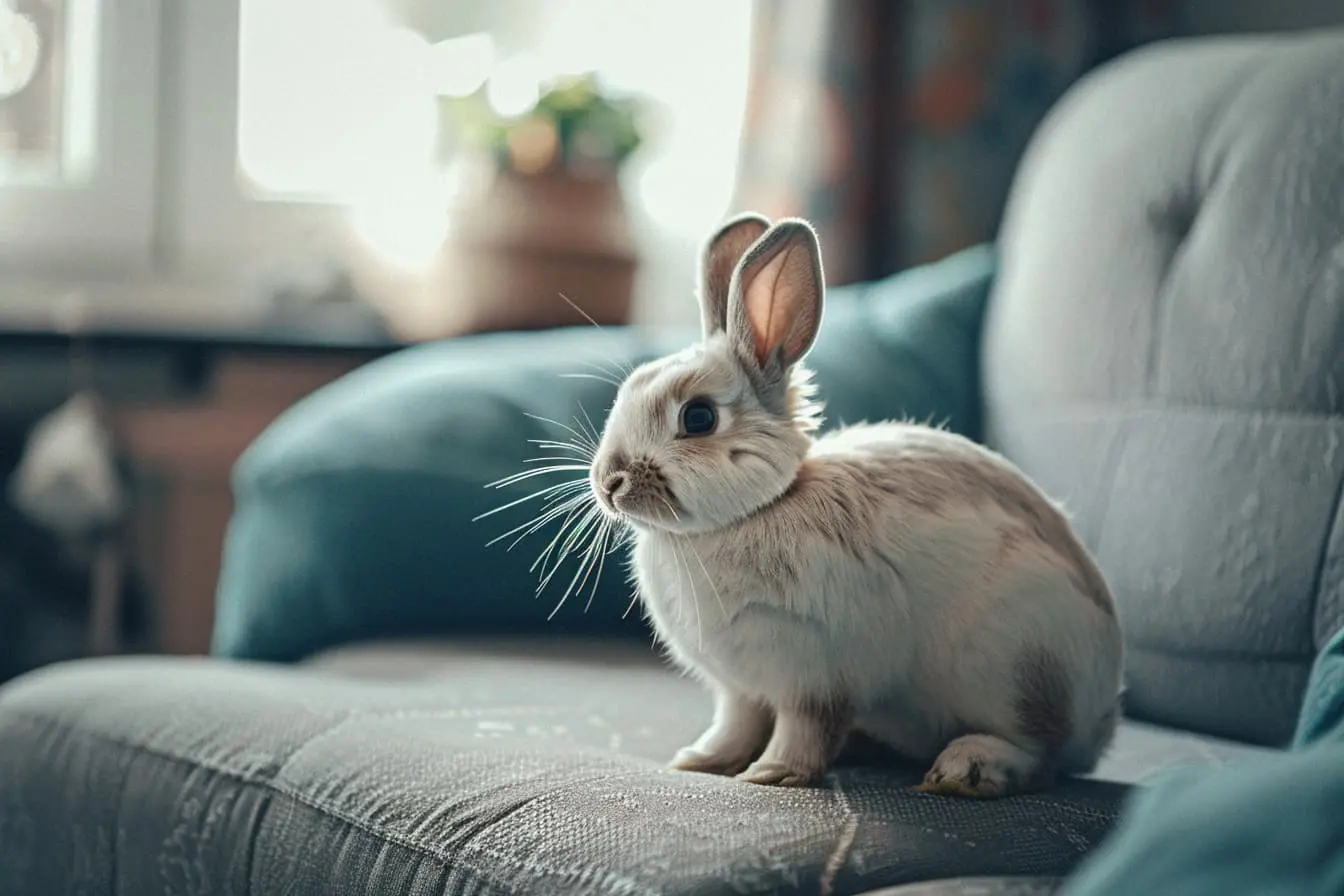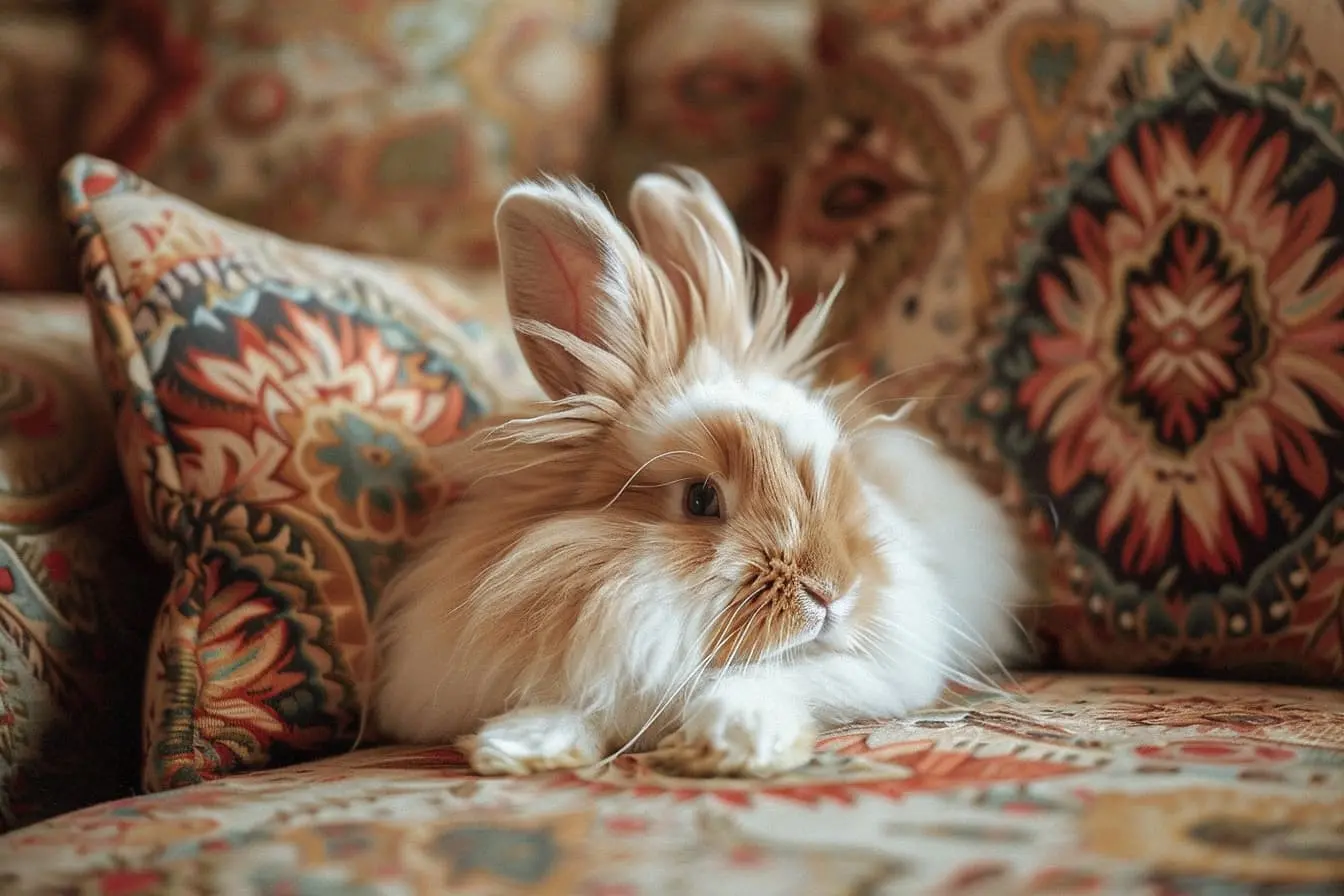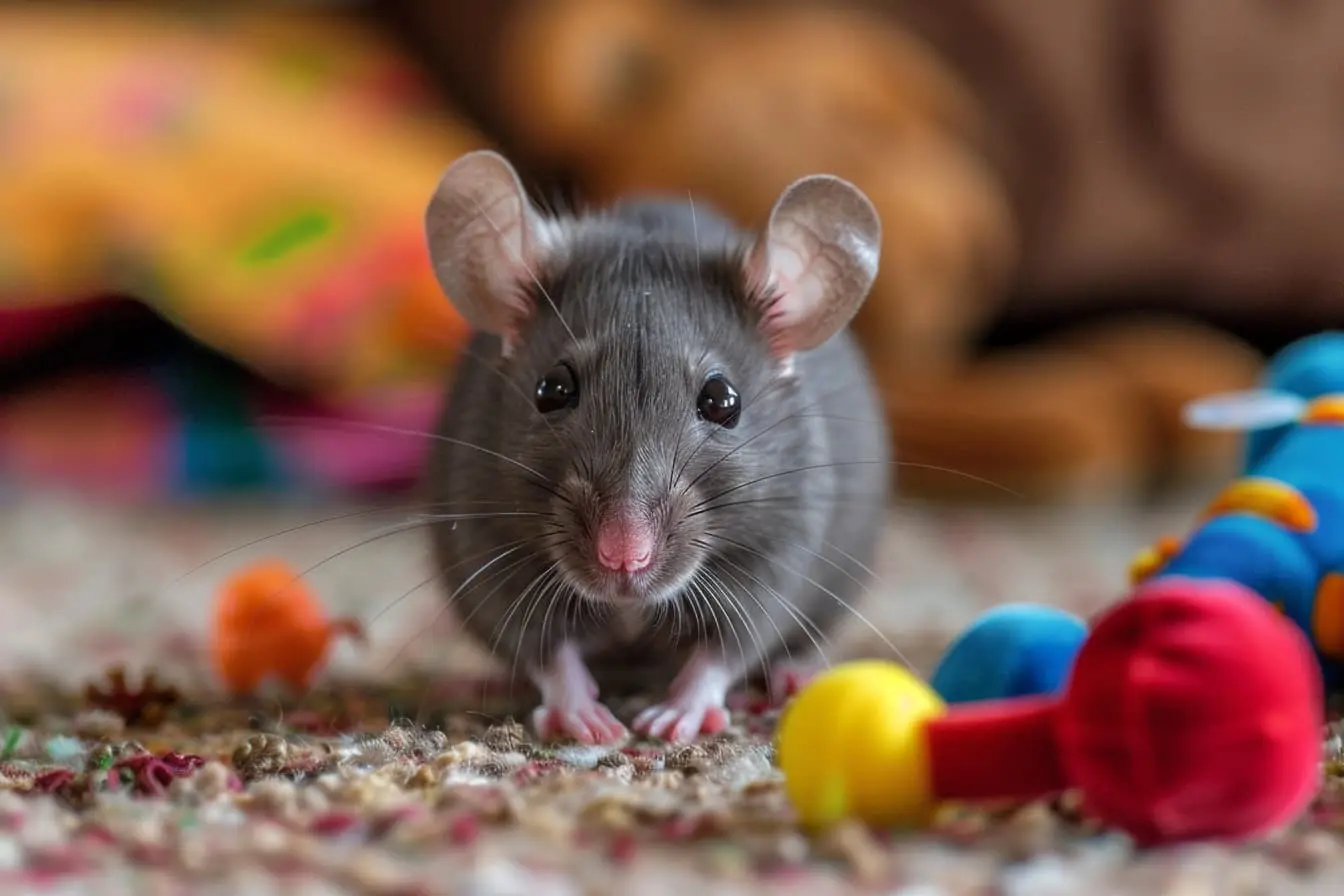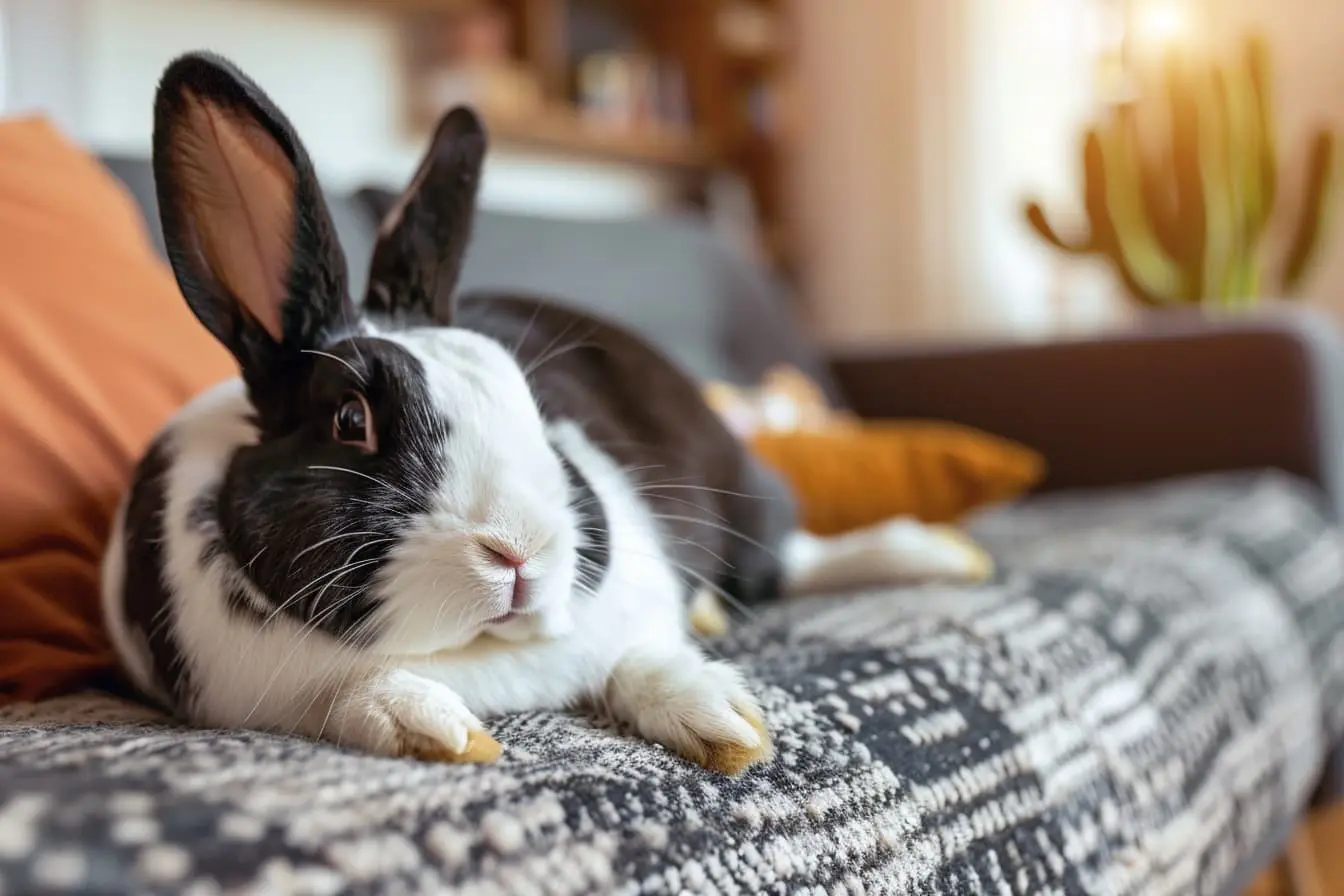
The Dutch Rabbit: A Classic Choice for New Owners
When it comes to choosing a rabbit breed that is both charming and manageable, the Dutch rabbit stands out as a popular option for first-time and experienced pet owners alike. With their distinctive colouring and friendly disposition, Dutch rabbits offer a blend of companionship and relative ease of care that makes them an attractive choice. This guide aims to provide prospective owners with a comprehensive overview of the Dutch rabbit breed, covering essential aspects of care, behaviour, and ownership considerations.
Discovering the Dutch Rabbit
Breed Characteristics: Dutch rabbits are known for their striking two-toned fur, featuring a white blaze on their face, white collar, and white paws, set against a solid colour background that includes black, blue, chocolate, grey, and tortoise. They are a medium-sized breed, typically weighing between 1.5-2.5 kg. Their compact size and even temperament make them suitable for a variety of living environments.
Temperament: Dutch rabbits are celebrated for their calm and sociable nature. They are often friendly and easy to handle, making them excellent pets for families and individuals alike. While they enjoy interaction, they also appreciate their quiet time, striking a good balance for pet owners.
Care Essentials for Your Dutch Rabbit
Diet: A healthy diet for a Dutch rabbit consists of unlimited high-quality hay, fresh leafy greens, a small quantity of pellets, and plenty of fresh water daily. Hay is crucial for digestive health and dental care, as it helps to wear down their continuously growing teeth.
Housing: Whether you choose to house your Dutch rabbit indoors or outdoors, their habitat needs to be spacious, secure, and clean. Provide a large cage or pen with room for them to move freely, along with a designated area for food, water, and a litter box. They should be able to stand up fully in their hind legs without their head touching the top of their accommodation. Rabbits are social creatures, so placing their habitat in a living area where they can interact with the family is beneficial.
Health and Grooming: Regular veterinary check-ups are essential to monitor the health of your Dutch rabbit. Common health concerns include dental problems, gastrointestinal issues, and ear mites. Grooming needs are relatively low compared to long-haired breeds, but regular brushing will help to remove loose fur and prevent matting. Pay special attention to their nails and teeth, which may require trimming and monitoring.
Understanding Behaviour and Social Needs
Socialisation: Dutch rabbits are known for their affectionate nature. They thrive on social interaction and can form deep bonds with their owners. Spending time each day playing, petting, and talking to your rabbit will enhance your relationship and keep them stimulated.
Training: Litter box training is relatively straightforward with Dutch rabbits, thanks to their intelligence and eagerness to please. With patience and consistent positive reinforcement, they can also learn to perform simple tricks and follow commands.
Companionship: Rabbits should be kept in pairs or multiples to thrive. Before introducing a companion, ensure both rabbits are spayed or neutered to prevent unwanted litters and reduce territorial behaviour. Proper bonding over time is crucial to help them get along.
Before You Commit
Long-Term Commitment: Dutch rabbits have a lifespan of 5 to 8 years, sometimes longer with proper care. Prospective owners should be ready for the long-term commitment of rabbit ownership, including daily care and interaction.
Costs: Initial and ongoing costs of owning a Dutch rabbit include the rabbit itself, veterinary care (including spaying/neutering and annual vaccinations), housing, food, enrichment and grooming supplies. Budgeting for potential health issues is also wise.
Lifestyle Considerations: Assess whether your lifestyle can accommodate the needs of a Dutch rabbit. This includes providing a safe, stable environment, time for daily care and interaction, and the ability to rabbit-proof areas of your home for their safe exploration.
Conclusion
The Dutch rabbit's friendly demeanour, manageable size, and moderate care requirements make them an excellent choice for new and experienced rabbit owners alike. By understanding and meeting their needs, you can ensure a happy, healthy life for your Dutch rabbit and enjoy the rewarding companionship these delightful animals bring. With the right preparation and commitment, a Dutch rabbit can be a wonderful addition to your family.
Vets near you
Speciality vets
- Aquatics vet specialists
- Birds vet specialists
- Camelids vet specialists
- Cats vet specialists
- Cattle vet specialists
- Deer vet specialists
- Dogs vet specialists
- Equines vet specialists
- Exotic vet specialists
- Goats vet specialists
- Pigs vet specialists
- Poultry vet specialists
- Sheep vet specialists
- Small Mammals vet specialists
- Wild vet specialists
Vet facilities
- Accessible by public transport
- Blood testing
- Car park nearby
- Client car park
- Dentistry
- Diagnostic imaging
- Disabled public access
- Flea and worm treatments
- Microchipping
- Mobile services
- Neutering
- Open at weekends
- Out-of-hours service
- Referral interests
- Referrals only
- Street parking outside
- Toilets available
- Vaccination clinic
